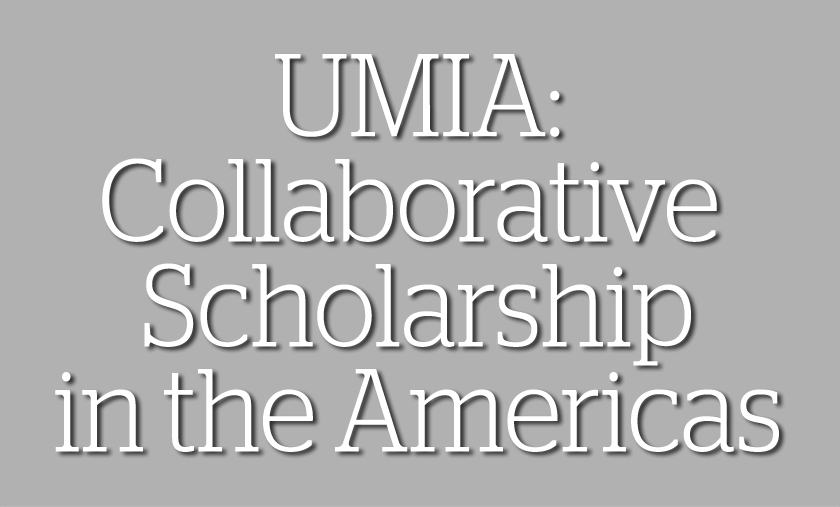

The University of Miami Institute for Advanced Study of the Americas is bringing together experts to tackle the hemisphere’s most pressing challenges.
The University of Miami Institute for Advanced Study of the Americas (UMIA) is quickly ramping up its capacity to tackle a wide range of hemispheric issues through a unique collaborative approach involving experts across multiple disciplines.
With a focus on using evidence to promote positive social change, the institute is mustering academic muscle by forming research groups populated by scholars knowledgeable in the institute’s areas of strength.
“An interdisciplinary, hemispheric approach to collaboration is the way to advance innovative research that offers solutions to the most pressing challenges facing the Americas,” says Dr. Felicia Marie Knaul, director of the institute and professor in the Miller School of Medicine.
Building on the legacy and work of both the University of Miami’s Center for Hemispheric Policy and the Center for Latin American Studies, the institute is being honed as a hemispheric hub for scholarship and public policy, along with building academic partnerships across the Americas.
Key areas of research and focus include health disparities and health systems in the Americas.
“We understand that we have an opportunity to build on the University’s trajectory and leadership, and dedicate an important portion of our incubating efforts to advance health research in the Americas,” says Knaul.
About the Photo
Dr. Felicia Marie Knaul, director of the University of Miami Institute for Advanced Study of the Americas, speaks during the celebration of the opening of the institute’s new home at Albert Pick Hall in December 2016.
Join the Conversation:
Follow on
Twitter:
University of Miami Institute for
Advanced Study of the Americas, @univmiamiMIA
UM Miller
School of Medicine, @umiamimedicine
University
of Miami, @univmiami
UM News, @univmiaminews
In recent months, the institute’s home at Albert Pick Hall has hosted a number of forums, lectures and lunch series discussions that tackled established and trending topics in Latin America on Caribbean literature, the media, undocumented young adults and health care.
In January, the institute announced the recipients of its 2017 Faculty Grants Program. The recipients will focus on a diverse range of issues, from building a clearinghouse of intimate partner violence services to a study on Argentina and globalization from 1860-1910.
In total, nine proposals from 25 UM professors received grants to fund multi-disciplinary research groups and individual projects.
Dr. Felicia Marie Knaul, director of the University of Miami Institute for Advanced Study of the Americas, on the work of the Institute.
In addition, each year numerous students receive grant support through the Graduate Grants Program, focusing on field research support and an award for the best dissertation focused on Latin America and the Caribbean. Last year 70 percent of the grants went to support field research in the Caribbean. Through its Distinguished Fellows Program in collaboration with the College of Arts and Sciences, the institute also offers graduate students an opportunity to acquire comprehensive knowledge relevant to their studies.
“What better place for collaborative scholarship to bear fruit? What better place to convene scholars, faculty, and students?” Knaul says of the institute and its budding programs.
The diversity of the researchers and disciplines at UM holds great potential.
Geographers, linguists, economists, sociologists, anthropologists, physicians, clinicians, environmentalists, biologists, engineers, historians and literary scholars—to name a few disciplines—each define and address the region from a unique perspective.
Combining this expertise into interdisciplinary research groups brings a deeper level of commitment and understanding to issues, and will benefit the institute’s mission for incubating research and convening leading researchers from across the hemisphere.
“I am passionate about our work and convinced of the opportunities that come with our advantageous geographic location,” says Knaul. “As we move forward together, we will look to our faculty, researchers and students to help make hemispheric history through a new model of collaborative scholarship that will result in positive and lasting social change.”
- UM News
(Video en Español) Dra. Felicia Marie Knaul, directora del Instituto de Estudios Avanzados de las Américas de la Universidad de Miami, hablando sobre el trabajo del Instituto.
